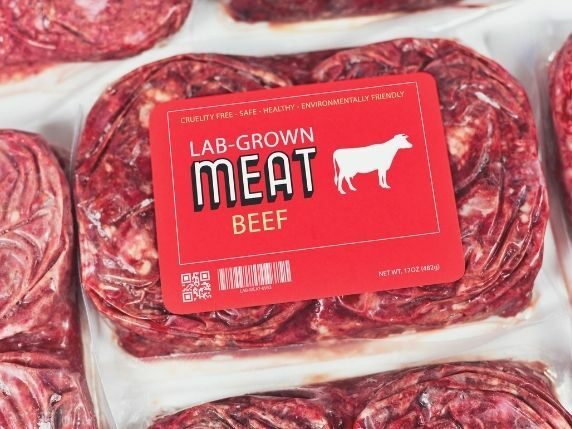Recent studies suggest that the meat industry is heading for a crisis as meat production is reaching unsustainable heights. It is widely accepted that meat production is causing disproportionate environmental and ecological harm. Moreover, concerns around animal welfare and human health surrounding the use of chemicals and drugs means the need for an alternative production method has never been greater. Animal-free meat grown in a lab, or cultured meat, has been hailed as the potential solution to this problem, with its significantly lower environmental impact and its potential to dispense with traditional meat production processes. Not to mention the potential cost-competitiveness for companies and the job opportunities that will be created as result.
It is worth noting that the idea of growing meat in a lab isn’t novel – in 1931 Winston Churchill wrote 'we shall escape the absurdity of growing a whole chicken to eat the breast or wing, by growing these parts separately under a suitable medium'. Ninety years on, Mr Churchill’s once prophetic statement has become a reality. The world’s first commercial sale of culture meat occurred in December 2020 in Singapore, where cultured chicken nuggets manufactured by the US company Eat Just were sold.
However, the main driving force behind the significant investment in cultured meat isn’t based solely on humanitarian and environmental concerns, it’s mostly about intellectual property.
Investors have recognised that the current processes for meat production cannot continue to follow its historical trajectory and are looking to cash-in on what they hope is the next big thing. The first business to patent a process capable of mass-producing cultured meat at an affordable price could in theory have a twenty-year monopoly right to produce the meat of the future, free of competition. Such an achievement would likely propel the business beyond the heights of the food and drink titans we know today.
The concept of monopolising meat production will inevitably raise concerns about market domination, price manipulation and reduction in consumer choice. Nevertheless, there is no denying the underlying potential cultured food has in our fight against an environmental and ecological disaster.
Challenges do still lay ahead. Cultured meat is still in its infancy and has a long way to go before it can contest conventional meat farming practices. Technological advancements are required to improve scalability and reduce costs. Nevertheless, cultured meat is likely to play an increasingly prevalent role in our day-to-day lives in the near future and IP will be the key for particular companies to dominate in this market. I envision as the technology around cultured meats develops, large players in the food and drinks sector will start to create strategies in order to gain a commercial advantage, and we will see a ‘race’ for patent, copyright and trade mark applications in cultured meats products.







